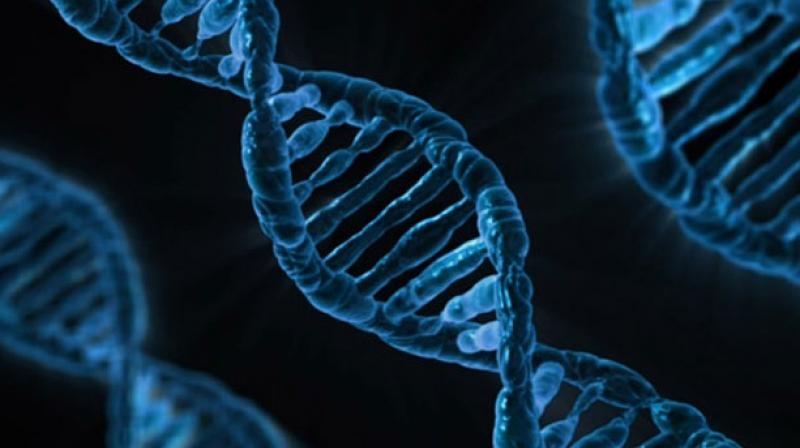Changes in genes contribute to breast, ovarian cancer: study

Washington D.C.: In a latest discovery, a study has found out that why some women with healthy BRCA1 and BRCA2 genes develop cancer.
The new study, published in Oncotarget states that defects in a key gene - long thought to drive cancer by turning off the protection afforded by the well-known BRCA genes - spur cancer growth on their own, according to a study led by researchers from NYU Langone Medical Center.
The study gene, known as EMSY, has some of the same functions as BRCA1 and BRCA2, which are known to protect against breast and ovarian cancer when normal. When defective, BRCA genes block the body's self-defense against cancer-causing genetic mistakes.
"Now that we know exactly how changes in EMSY spur cancer cell growth, we can start to design therapies to specifically target that activity and hopefully stop it," says senior author Douglas Levine,
When normal, EMSY, BRCA1 and BRCA2 give the body's cells instructions to create proteins that help to repair DNA damage that can cause cancer. When those genes are altered, the repair process fails and cancer grows. Overly active EMSY, like mutated BRCA1 or BRCA2, changes those instructions, so that the DNA damage repair process is blocked.
Furthermore, the research revealed the part of the EMSY protein is changed by an enzyme called protein kinase A. When there is more active EMSY than normal, this enzyme reacts with the EMSY protein to more thoroughly suppress the DNA repair process.

